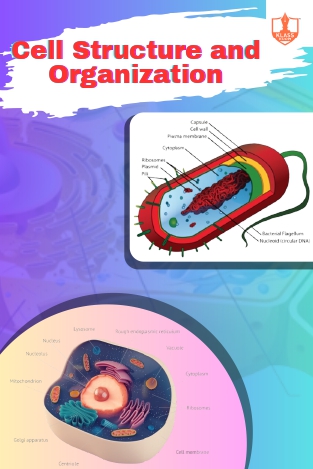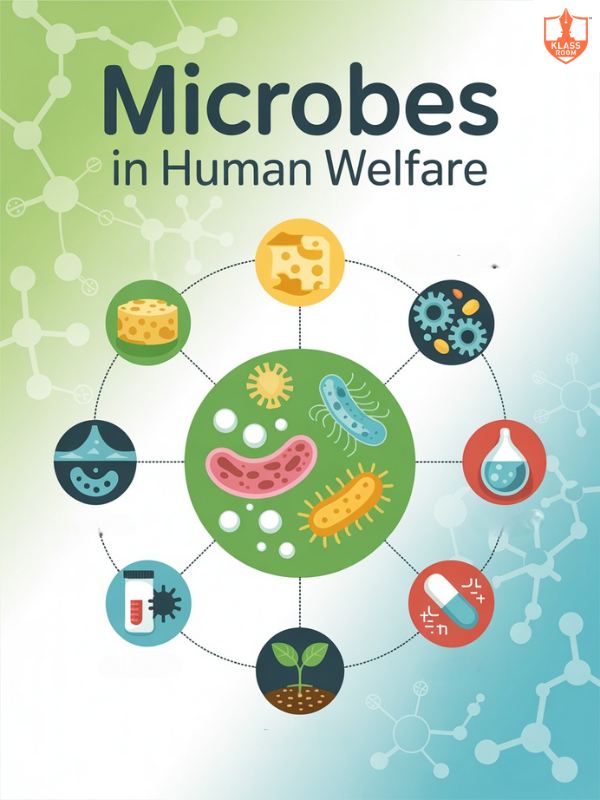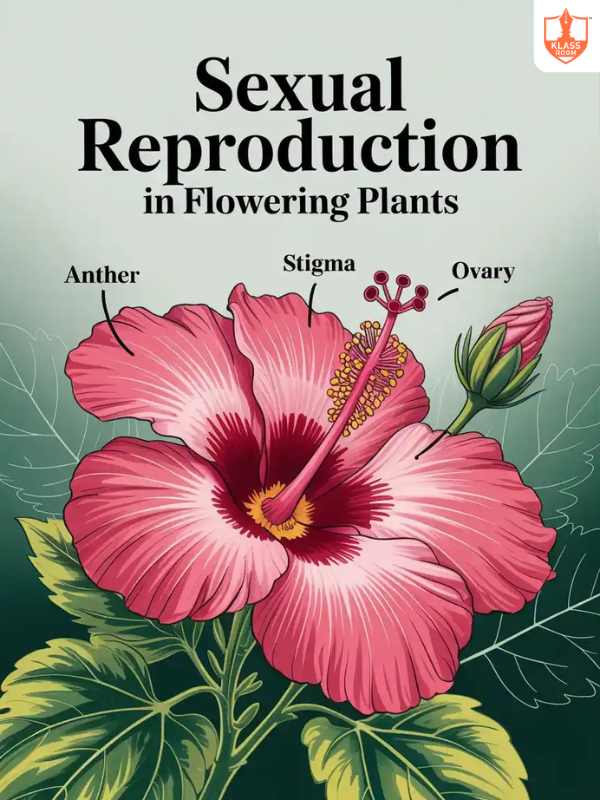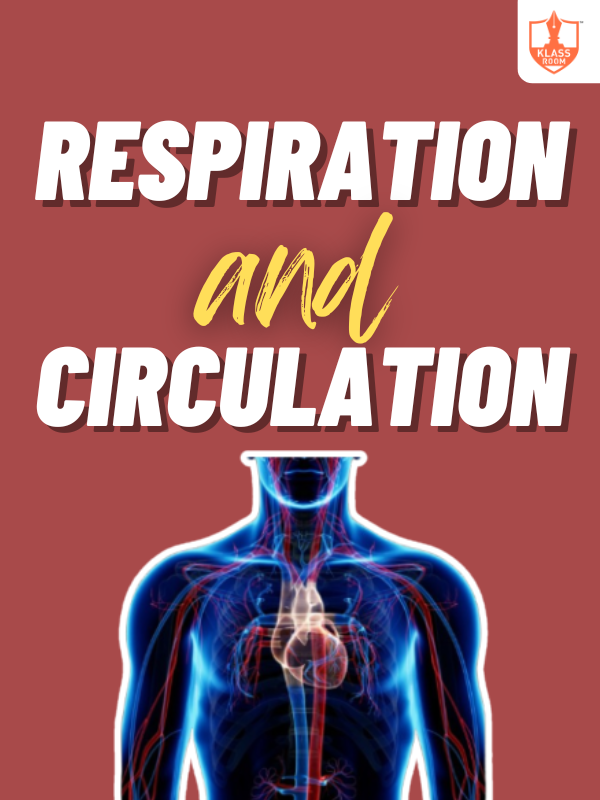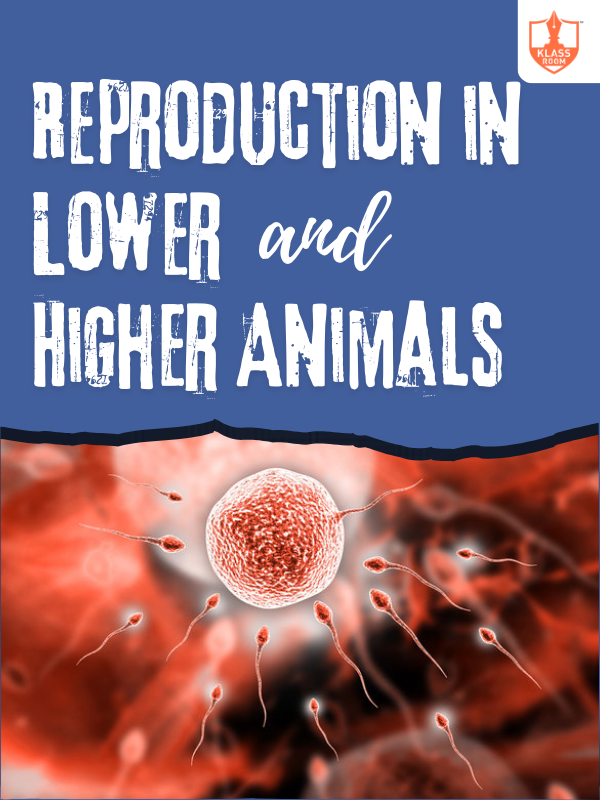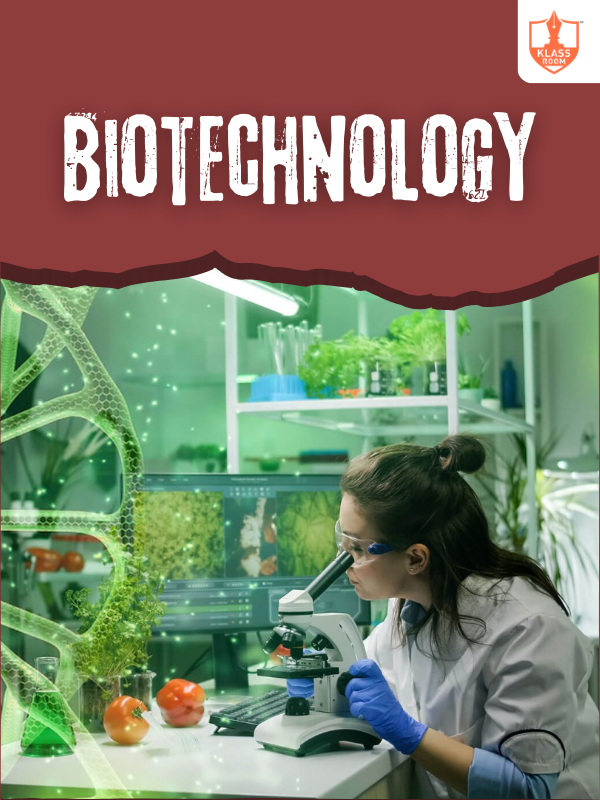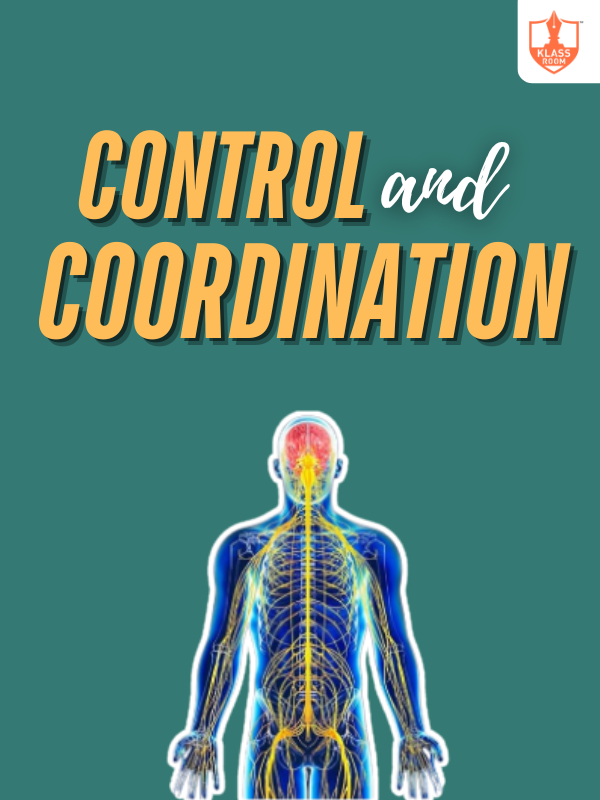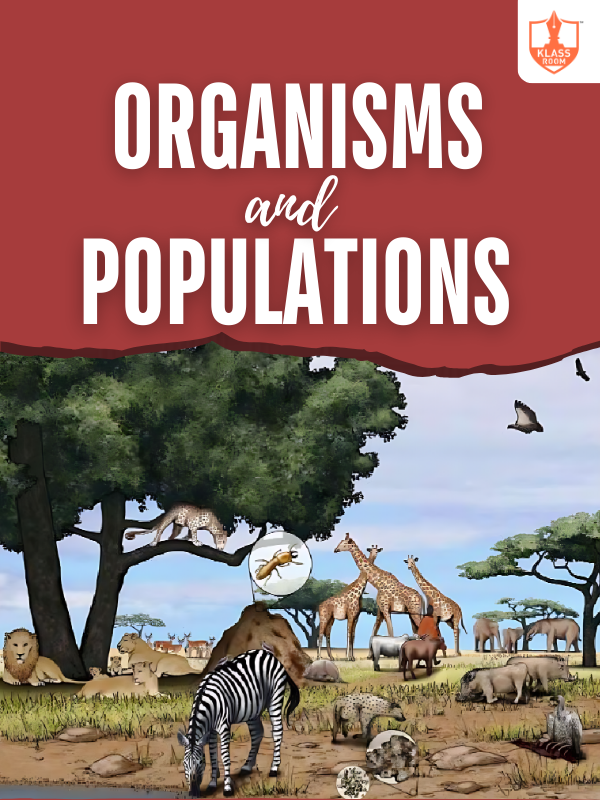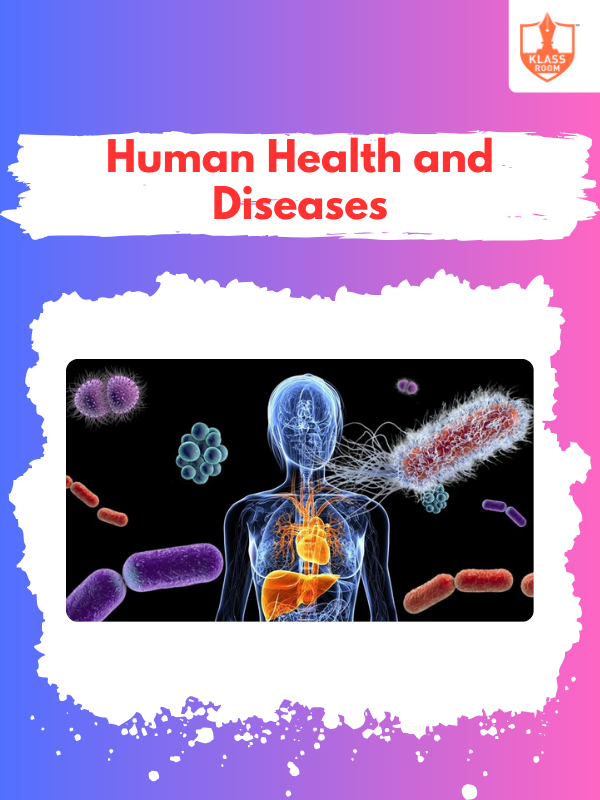Contents
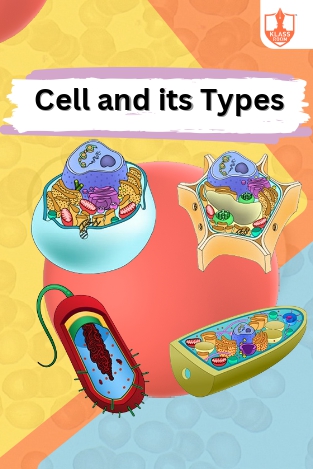
Cell & its Types
Description: The cell is the basic structural and functional unit of life. Types include prokaryotic and eukaryotic cells, each with distinct features and organizational complexity.
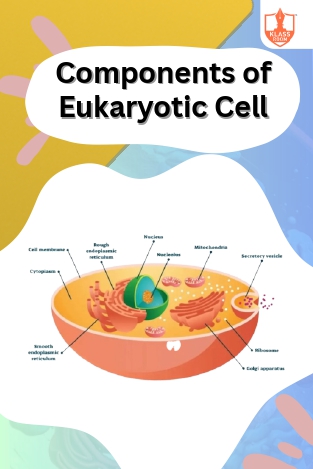
Components
Description: Components of eukaryotic cells include the nucleus, cytoplasm, cell membrane, endoplasmic reticulum, Golgi apparatus, mitochondria, lysosomes, and various organelles with specialized functions.
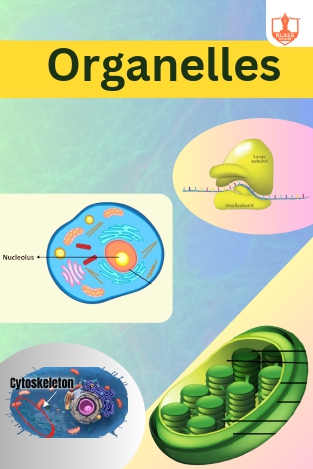
Organelles
Description: Plastids are organelles for storage and synthesis. Ribosomes synthesize proteins. The nucleus stores genetic material. The cytoskeleton provides structure and facilitates movement within the cell.
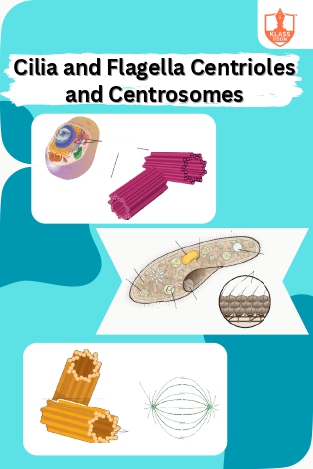
Microstructures
Description: Cilia and flagella facilitate movement and sensory functions, while centrioles and centrosomes aid in cell division and organizing microtubules for chromosome segregation.
